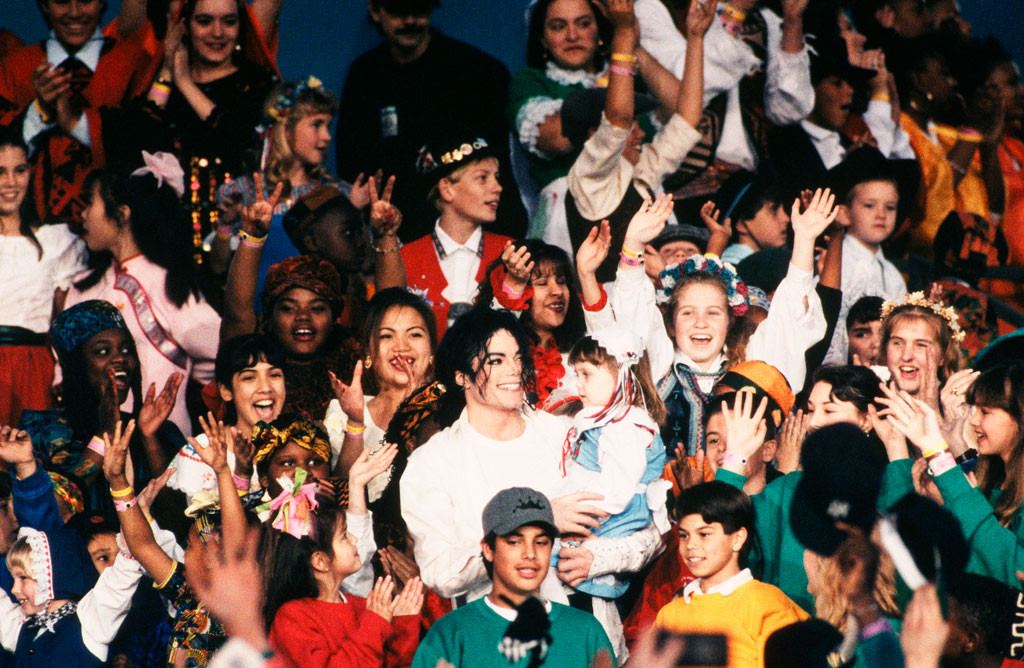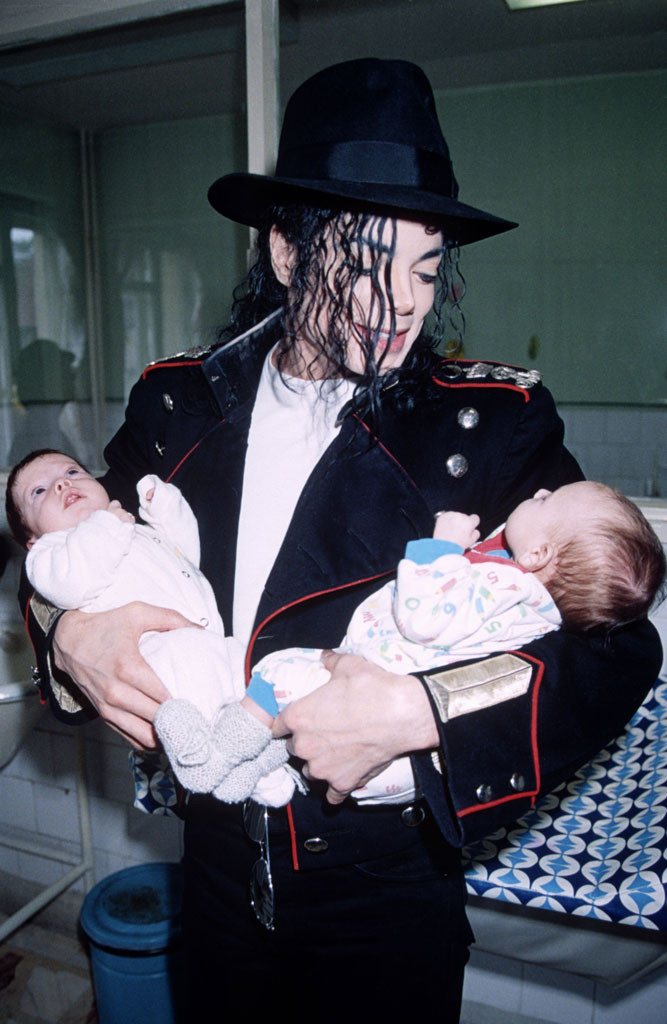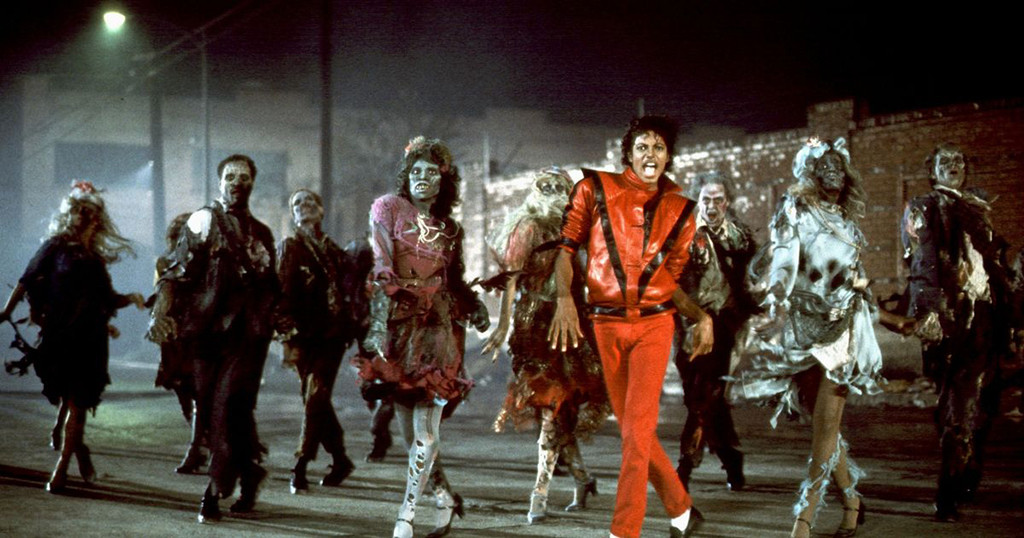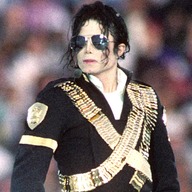 How does one go about distilling the memory of a man once he's no longer here?
How does one go about distilling the memory of a man once he's no longer here?
We
eulogize, we mythologize, we grasp at ways to neatly and succinctly sum
up a person's existence; what it meant to them, what it meant to us,
what it meant to the world. They become the hero or the villain. We
categorize them, we need it to be neat. It's just easier that way. But
people in their truest forms are more complicated than that, their lives
a jumbled confluence of contradictions, a melding of noble intentions
and inherent flaws—the sinner and saint all wrapped up in one messy
package.
And Michael Jackson's life just may have been the messiest.
As
we celebrate what would've been the King of Pop's 60th birthday on
August 29, nine years following his untimely death thanks to acute
propofol and benzodiazepine intoxication at the hands of an enabling
physician later convicted of involuntary manslaughter, one still wonders
how best to consider him: the iconic, unparalleled performer or the
complicated, tortured soul underneath? Can you have one without the
other? And should you even want to try?

RICHARD YOUNG/Shutterstock
For his
children, the hope is that Jackson is remembered for all he did for his
fellow man during his 50 years on this rock, as son Prince Jackson, who will be with his siblings Paris and Blanket
in Las Vegas with the Elizabeth Taylor AIDS Foundation on their
father's birthday, told E! News at the 2018 iHeartRadio MMVas in Toronto
earlier this week. "They are going to be awarding him an award for his
humanitarian work," he said of the plans to celebrate Michael's "Diamond
birthday." "And I think it's an appropriate thing because, above all
else, I think he wanted to be remembered for his contributions to
humanity."
And,
frankly, that's not a bad place to start. Widely heralded for his
pioneering effort in charitable fundraising in the entertainment
industry, the Guinness World Records once recognized him for supporting a
total of 39 charities, more than any other performer. Dedicated to the
ideals of equality and world peace, Jackson spent much of his career
donating millions of dollars to charity, penning hits like "We Are the
World" explicitly to aid the poor across the globe. In 1992, he launched
the Heal the World Foundation, with a stated mission of "improving the
conditions for children throughout the world" by fighting world hunger,
homelessness, child exploitation, and abuse. He was also one of the
first artists to publicly throw their weight behind efforts to bring
attention to the HIV/AIDS crisis, publicly pleading with President Bill Clinton at his inaugural gala to give more money to charities and research.

SME (on behalf of Epic) / Quincy Jones Productions
Of
course, those weren't his only contributions to humanity. One might
argue that perhaps his biggest contribution to the rest of us was his
artistry itself. And they might be right. Jackson was a pioneer in every
sense of the world. With the release of Thriller in 1982, he
became the first artist to use music videos as successful promotional
tools, popularizing an art form that remains an industry standard and
fan favorite to this day while almost singlehandedly making the
existence of MTV possible.
And then there's his sound, his
dancing, his style, his approach to celebrity, his breaking down of
racial barriers—all of it revolutionary, all of it influential to a
younger generation in ways both massive and minuscule. In death, he
remains the record holder for the world's best-selling album of all time
(Thriller, with an estimated 66 million copies sold). He was
the first and only artist to ever have five albums sell over 30 million
copies worldwide. Guinness World Records has recognized him as the Most
Successful Entertainer of All Time.
Of
course, there was a darkness, too. The yang to all this yin. Jackson
spoke openly about the abuse he endured as a child star at the hand of
father Joe Jackson, a taskmaster who pushed his family to great heights
but at quite a cost. There was his ever-changing appearance, a confusing
mix of plastic surgeries, posthumously diagnosed vitiligo (a disease
that causes one to lose pigmentation in their skin in large blotches),
and a reliance on make-up to cover up the skin disorder. There was the
erratic behavior (the infamous dangling of baby Blanket off a balcony
comes to mind), the eyebrow-raising romantic relationships with Lisa Marie Presley and Debbie Rowe,
the Neverland of it all. And, of course, there were the disturbing
allegations of child molestation that, though either settled out of
court or dismissed with full acquittal, followed Jackson like a specter
for the rest of his days.

George Rose/Getty Images
And
then there's our role in all of this: A not-always-kind public's
obsession with the man they both revered and reviled with wild
vacillation. We dubbed him "Wacko Jacko" in the press. We rarely stopped
to consider why a painful childhood might lead a man to behave in such
childlike ways that left us ill at ease, how our obsession with his
greatness might lead to an acute paranoia or a drug addiction or a
broken spirit. As we've mourned the loss of him, we've also eased up on
this side of him, this side of us; perhaps to give him the peace he
deserves or the peace of mind we think we deserve.
At the time of
his death, Jackson was in the process of mounting his biggest comeback
yet, a concert series eerily and rather aptly entitled This Is It. After
years of negative headlines, it felt as though this was the performer's
big swing to bring the attention back to what, in his eyes, mattered
most: The music, the craft, the spectacle, the art. Dying just three
weeks before the first sold-out show, Jackson never got that chance.
But
maybe he knew something we didn't all along. Maybe he knew that he
would live on long after he ceased to exist. "I always want to do music
that inspires or influences another generation. You want what you create
to live, be it a sculpture or painting or music," Jackson told Ebony
in 2007. "Like Michelangelo, he said, 'I know the creator will go, but
his work survives. That it why to escape death, I attempt to bind my
soul to my work.' And that's how I feel. I give my all to my work. I
want it to just live." All these years later, it still does. And because
of that, he does too.
Iconoclast. Humanitarian. Father. Child.
He
is all of these things and yet, on their own, he was none of them.
Without one, you don't have the other. He was man, he is myth. He was
the King of Pop. And he is missed.
 How does one go about distilling the memory of a man once he's no longer here?
How does one go about distilling the memory of a man once he's no longer here?



No comments:
Post a Comment